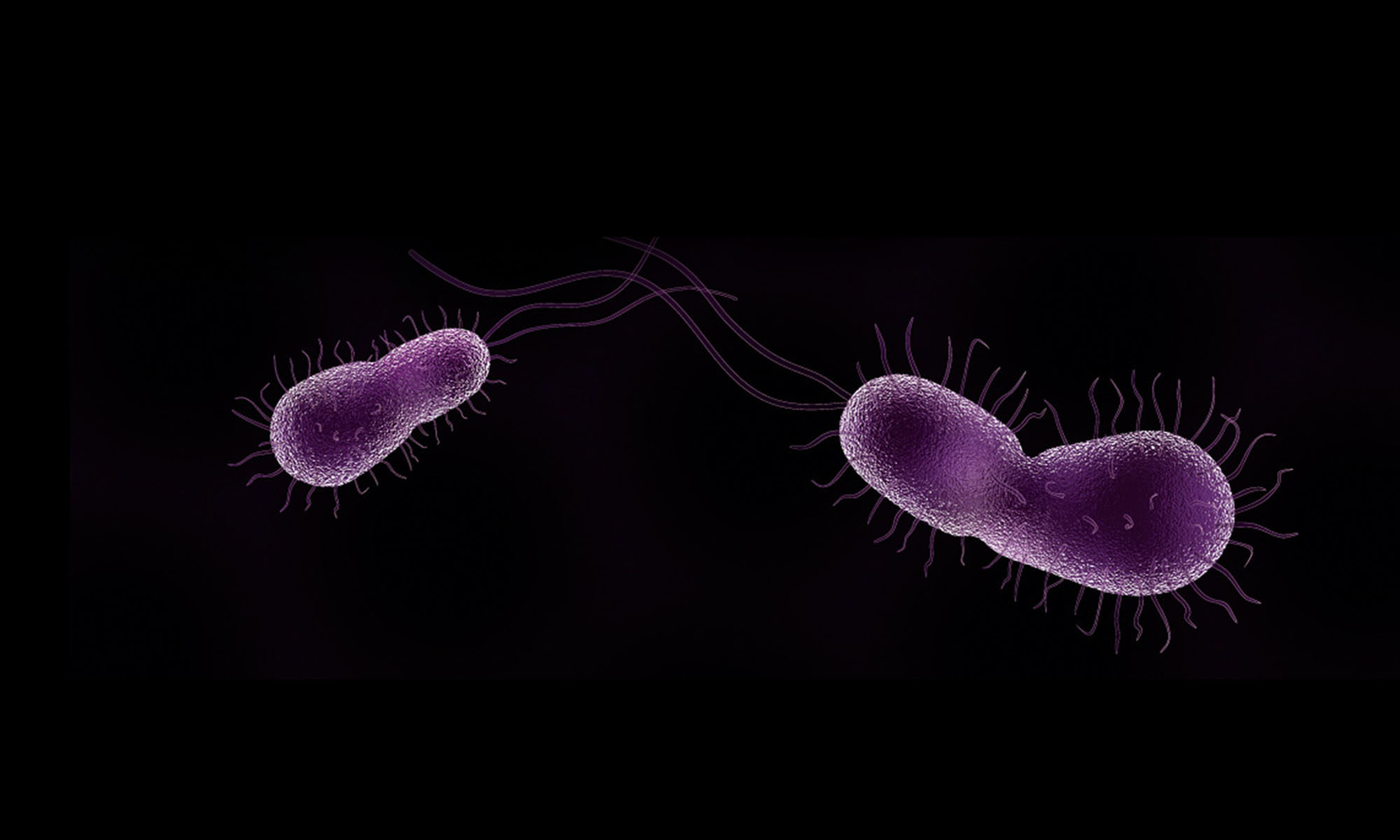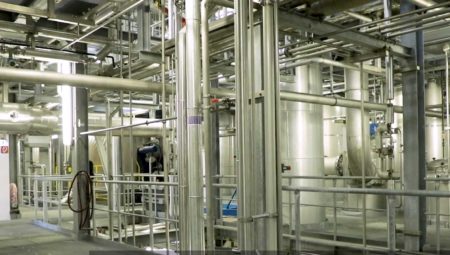The BBI JU-funded DEEP PURPLE project has been involved in this since 2019, using purple phototrophic bacteria for the conversion process. The project, which will be completed next month (April 2023), has now produced two demo sites that together convert 438,000 m3 of domestic wastewater and 164 tonnes of organic fraction of municipal solid waste into raw materials. These are then transformed into bioproducts.
How this works and the idea behind it will be discussed at a workshop entitled ‘urban biorefineries for a circular bioeconomy’. DEEP PURPLE is organising this as a preconference workshop prior to the international IWA ecoSTP23 conference in Girona, Spain. EcoSTP is the largest international conference on ecological wastewater treatment in Europe.
See the agenda for details.
Image: DEEP PURPLE



